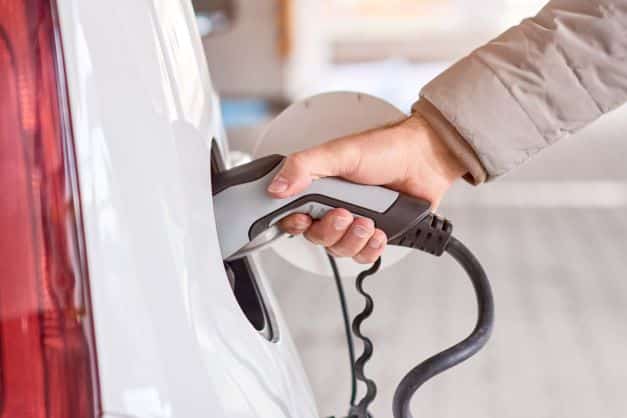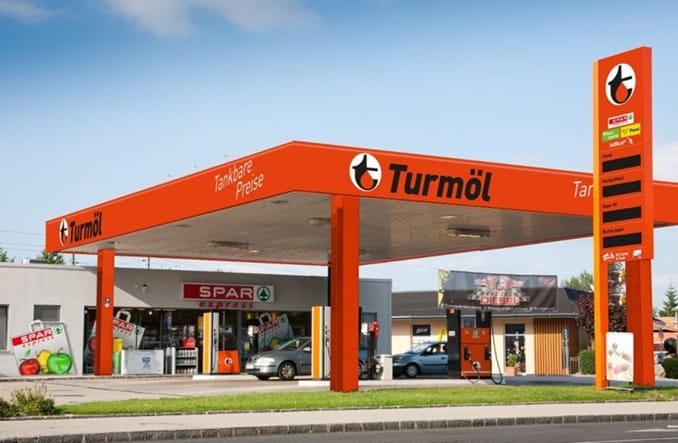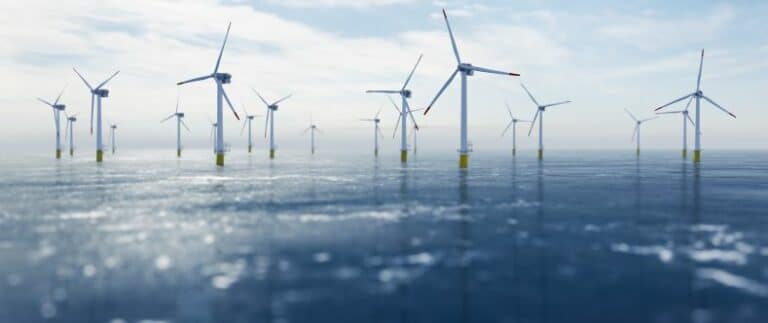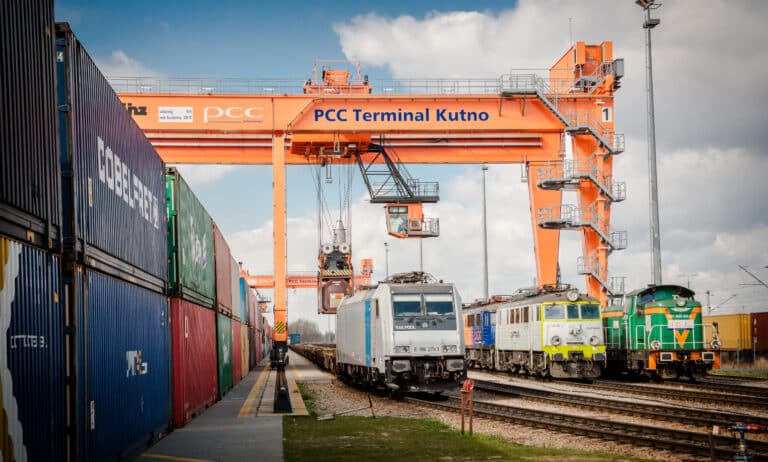President Duda signs amended e-mobility act
President Andrzej Duda has signed the amendment to the act on electromobility and alternative fuels, that aims to accelerate the development of electromobility in Poland and implement the EU regulations.
The amendment to the act on electromobility and alternative fuels implements the provisions of Directive 2019/1161 of June 20, 2019 on the promotion of clean and energy-efficient road transport vehicles, Directive 2019/944 of June 5, 2019 on common rules for the internal market in electricity and Directive 2018 / 844 of May 30, 2018 amending the directives: on the energy performance of buildings and on energy efficiency.
The act introduces regulations modifying the rules for creating clean transport zones, specifies the procedure for the installation of charging points in multi-family buildings and extends the powers of the inspectors of the Office of Technical Inspection (UDT) and the Transport Technical Supervision (TDT).
The act introduces regulations modifying the principles of creating clean transport zones; specifies a procedure aimed at the installation of charging points in multi-family buildings; extends the powers of the inspectors of the Office of Technical Inspection (UDT) and the Transport Technical Supervision (TDT) with the possibility of carrying out ad hoc inspections in the event of a suspicion of a threat to the safety of users, due to failures or damage caused during the operation of the station and charging points.
In addition it clarifies the provisions on charging stations, which should be subject to inspections carried out by UDT, and the definition of the charging station; introduces the obligation to obtain individual identification codes for operators of publicly accessible charging stations and charging service providers, natural gas station operators and hydrogen station operators; clarifies the principles of operation of the Alternative Fuels Infrastructure Register (EIPA); introduces concepts and regulations aimed at the development of hydrogen refueling infrastructure; introduces the possibility of providing financial support if the entrepreneur does not buy a vehicle, but uses leasing.
The Electric Vehicles Promotion Foundation said the final shape of the amendment was not satisfactory.
“The provisions on clear transport zones have been simplified and the rights of persons with B category rights have been extended, but the chances of creating a good, nationally coherent system of clear transport zones operation have been wasted. The act also continues to support natural gas cars (CNG / LNG) for an indefinite period, which is contrary to the declaration on the transitional nature of gas as fuel in transport and declarations to improve air quality in cities,” it said in a statement.
Read also: Poles’ shift to e-vehicles gains traction







